
views
Kargil: Nine officers from the team that wrested point 4,875 in the Mushko Valley during the war of 1999 have assembled once again at their karambhoomi. This time with another Batra.
Vishal Batra, Captain Vikram Batra's identical twin, is here with his brother's band of brothers to pay homage to all the eight men who fought like lions to wrest back the Mountains of Kargil from Pakistan.
Vishal says, "Vikram is watching me and he is watching over these mountains. His spirit is here."
This is the first time he has seen the place where his brother made the supreme sacrifice. From right here at 16,000 feet he made a video call to his parents in Chandigarh. It was important for them to see as well. They had waited for this moment for 20 years.
Col Rajesh Adhau was the battalion doctor when the war broke out in the summer of 1999. He is at the same place where he had his last conversation with Captain Vikram Batra.
"Vikram was running a fever. Since there was so much firing on, he shouted in my ear. Doctor what should I take? Paracetamol or Vitamin C? I said 'Vitamin C kha le, sab theek ho jaayega'. The next day he was dead."
Captain Batra was running a fever on 7th of July, 1999 when another unit officer Captain Naveen Nagappa was hit by a Pakistani grenade.
"Both my legs were badly damaged. I didn't know if I was dead or alive. I was hallucinating. And then I see Vicky sir. He said 'Anna tu fikar mat kar, mai aa gaya hoon'. Then he dragged me out of the bunker took me to a safe place from where i started crawling down. I looked back and saw him running up the mountains."
The rest is history. At 24 the 'Dil Mange More' daredevil had fought like a lion, vanquished the enemy and proved his blood. His citation for the Param Vir Chakra bears testimony to his exceptional valour.
"Captain Batra's company was tasked to clear a narrow feature with sharp cuttings on either side and heavily fortified enemy defence that covered the only approach to it. For speedy operation, he assaulted the enemy position along a narrow ridge and engaged the enemy in a fierce hand–to-hand fight and killed five enemy soldiers at point blank range. Despite sustaining grave injuries, he crawled towards the enemy and hurled grenades clearing the position with utter disregard to his personal safety, leading from the front, he rallied his men and pressed on the attack and achieved a near impossible military task in the face of heavy enemy fire. The officer, however, succumbed to his injuries. Inspired by his daredevil act, his troops fell upon the enemy with vengeance, annihilated them and captured Point 4875.
Captain Vikram Batra, thus, displayed the most conspicuous personal bravery and leadership of the highest order in the face of the enemy and made the supreme sacrifice in the highest traditions of the Indian Army."
What the citation doesn't say is how Captain Batra was down with high fever as the battle for Point 4875 raged on. How his CO COL YK Joshi simply could't refuse when he asked for permission to join his comrades. How 25 other men volunteered to accompany the young man they had nicknamed Sher Shah. How he pushed a comrade to safety saying he had a wife and kids to think of.
Col R Kapoor, then adjutant of the unit, remembers the moment Capt Vikram Batra's body came back to base.
"When Vikram's mortal remains were bought down they were in a body bag. I didn't want to see him like that. I had always seen him happy. Full of life. Full of josh. But then I couldn't let him go without seeing him one last time and saluting him".
At point 4,875, now called Batra top, the air is a mix of pride loss and remembrance.
"There is not a single day in 20 years where I haven't thought of Vikram. People come and ask me are you the same Vikram Batra's brother. Those are moments when you forget the loss and fear."












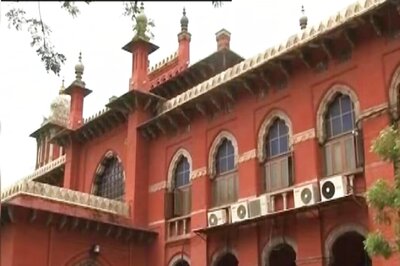
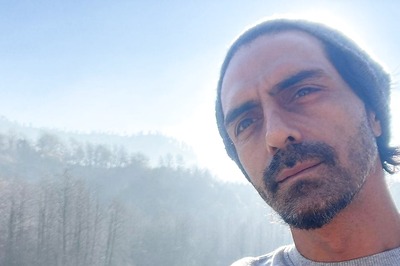

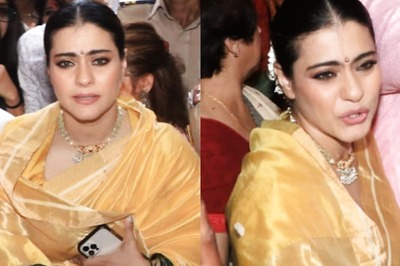
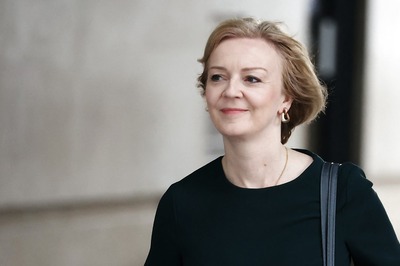
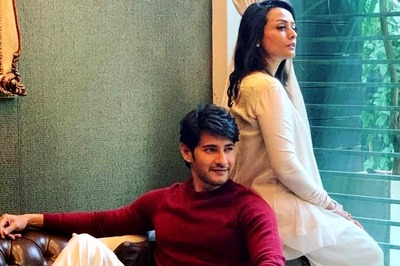
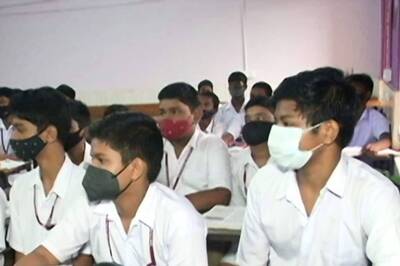
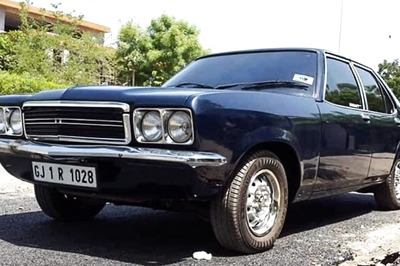
Comments
0 comment